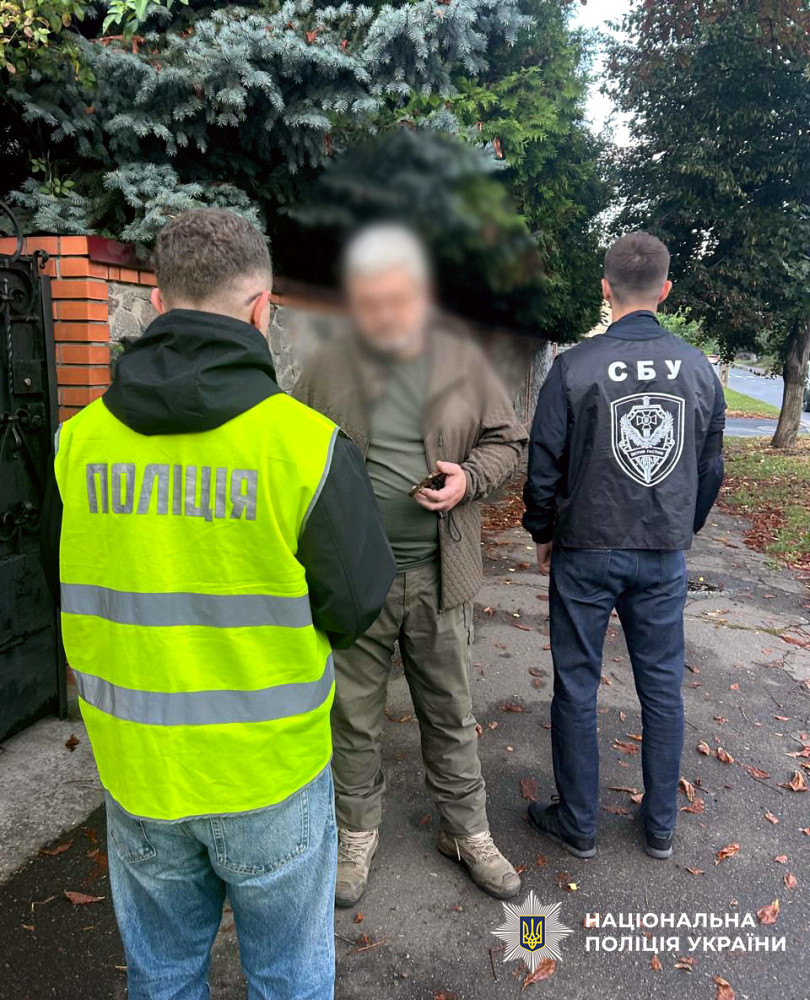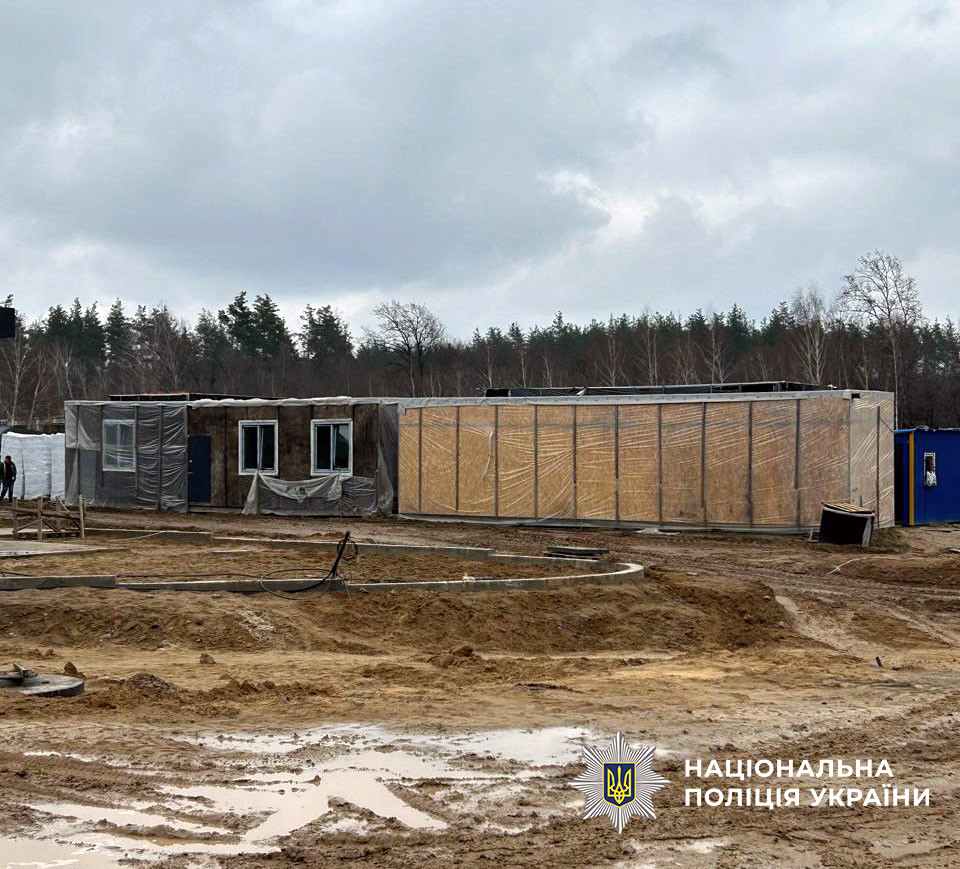According to the agreement, the company was to construct 10 modular houses for residents of the Kyiv region who lost their homes during the Russian invasion in 2022. To fund this project, one charitable organization allocated over 10.4 million hryvnias. However, when it came time to submit the completion report, the entrepreneur claimed that all objects were built, while in reality, only three were constructed.
The scheme for misappropriating charitable funds was uncovered by investigators from the Podil Police Department in Kyiv together with the SBU.
According to the investigation, the director of the construction company entered into a contract with the charitable organization for the production and installation of ten modular houses in the village of Moschun, Kyiv region. Even before the work started, the charitable organization transferred over 10.4 million hryvnias to the contractor, expecting construction to be completed by the end of 2022.
However, by 2025, the entrepreneur had only fully built and put into operation three of the ten planned houses. Nevertheless, this did not prevent the entrepreneur from signing completion acts with false information regarding the volumes and costs. As a result, the charitable fund suffered losses of nearly 4 million hryvnias.
Investigators, under the procedural guidance of the Podil District Prosecutor's Office, informed the perpetrator of the suspicion under Part 5 of Article 191 of the Criminal Code of Ukraine — misappropriation of someone else's property by abusing official position in conditions of martial law and in especially large amounts. The sanction of the article provides for up to twelve years of imprisonment with deprivation of the right to hold certain positions or engage in certain activities for up to three years and confiscation of property.
Additionally, in July of this year, investigators informed another head of the contracting organization, who was supposed to set up foundations, septic tanks, and water supply for these houses, of suspicion. His actions were classified as inflating prices and volumes of completed works by about half a million hryvnias.



